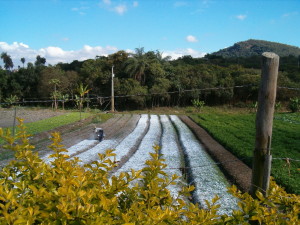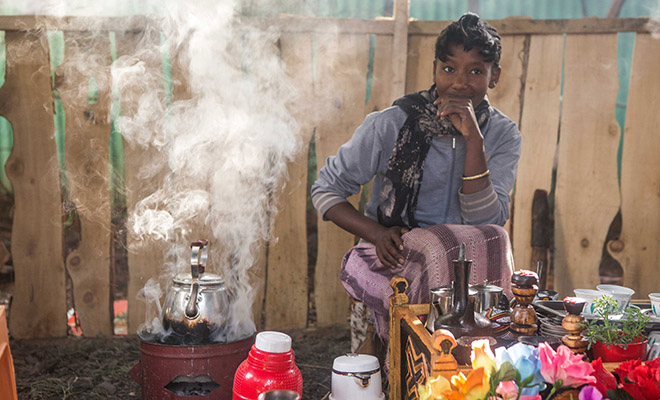Energy poverty stands as one of the primary development issues of our time. Its consequences extend far and wide; those who do not have access to clean energy feel its absence in nearly every facet of their lives.
“Energy is the golden thread that connects economic growth, social equity, and environmental sustainability,” UN Secretary General Ban Ki-moon noted at 2012’s Rio+20 UN Conference on Sustainable Development.
We agree wholeheartedly with Ban’s assessment and believe cooking fuels are a case in point.
Increased access to clean cooking fuels can stimulate economic growth. Project Gaia has repeatedly shown this through our work with alcohol fuels, which can be produced locally in community-owned ethanol microdistilleries (EMDs). These units create new markets for farmers’ crops or agri-wastes which were previously unused. In Ethiopia, we’ve taken molasses, a waste byproduct of sugar production, and converted it into ethanol. EMDs can provide employment opportunities and stimulate stagnant economies. In Haiti we are assisting local stakeholders with repurposing an abandoned sugar factory for ethanol production, which will create jobs for community members. EMDs can bolster local economies and provide clean energy.

Without access to clean cooking fuels, social equity will remain out of reach for most communities. Women and girls bear the burden of energy poverty disproportionately and the consequences are grave. Spending anywhere from 4 to 6 hours (in some cases even more) per day collecting fuelwood, women and girls are susceptible to assault, rape, injury, and animal attacks. The time spent searching for fuel has a high opportunity cost; most women and girls are too busy to attend school or earn extra income. Furthermore, women and girls endure higher levels of exposure to cookstove smoke, which causes pulmonary disease, cardiovascular disease, COPD, cataracts, lung cancer, and other deadly ailments. When women are denied the opportunities and protection, gender equity is nearly impossible to achieve.

Clean cooking fuels are even more vital for environmental sustainability. Today, nearly 3 billion people cook their meals with biomass. Fuelwood and charcoal consumption results in high levels of deforestation around the world, including places like Ethiopia and Haiti where little forest cover remains. Reliance on biomass fuels leads to high levels of black carbon and carbon dioxide emissions, which constitute the developing world’s primary contribution to climate change. But a sustainable shift of fuel production from the forests to the farmers’ fields can slow and carbon emissions to a neutral level of further yet register at negative levels.
Energy is at the heart of development and the key to unlocking economic growth, social equity, and environmental sustainability. Increasing access to clean cooking fuels can revitalize communities by boosting local economies, promoting gender equity and fostering environmental sustainability.
By Alex Milano

